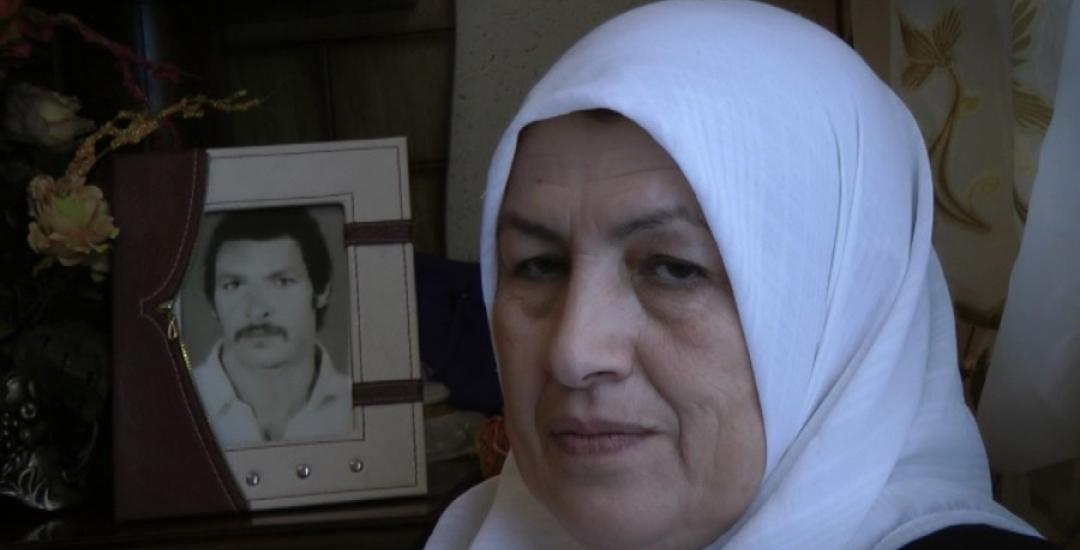
"We burn in silence"
More than fifteen years of uncertainty have passed, but the families of the disappeared cannot just forget, and struggle to cope with their ongoing pain. "We burn in silence", they say. A disappearance is a stabbing pain that lasts forever; a pain that is faceless and voiceless, that does not leave a trace. Nevertheless, it has a very tangible impact, not only on those who knew the disappeared, but also on future generations. Parents, brothers, wives and children - now adults - are unable to grieve as the authorities still refuse to tell them the truth of what happened to their loved one. There are also economic consequences, but it is the psychological consequences which leave the largest scars: distress, depression, anxiety, denial, silence endless waiting ... Families experience these states cyclically. They are nothing but the signs of the progressive decline of the mental health of the families of the disappeared as the years pass without the truth being know.
The Human Rights Committee has recognised that the anguish and distress caused by disappearances amount to torture for the families, and constitutes a violation of article 7 of the ICCPR which prohibits torture.
In Algeria,however, the families of the disappeared did not, unlike the families of the victims of terrorism, benefit from any rehabilitation program. The authorities' only solution is that they forget and turn the page on the past.
From re-adaptation to the right to truth...
Today, the CNFD has organised a conference to call on the authorities to recognize the families of the disappeared as victims of torture and not "victims of the national tragedy" - a political slogan which has allowed the authorities and the authors of the crimes committed during the civil war to remain unaccountable and avoid engaging into a genuine transitional justice process –ignoring the families' right to reparation.
As it is party to the Convention against Torture since September 1989, Algeria must ensure the victims of torture their "right to obtain reparation" and their "enforceable right to fair and adequate compensation, including the means for as full rehabilitation as possible."
In its General Comment No. 3, the Committee against Torture states that right to reparation encompasses restitution, compensation, rehabilitation, satisfaction and the right to truth, emphasizing that "[A] crucial component of the right to redress is the clear acknowledgement by the State party concerned that the reparative measures provided or awarded to a victim are for violations of the Convention, by action or omission."
Algeria must "ensure provide for the means for as full rehabilitation as possible can be fulfilled through the direct provision of rehabilitative services by the State, or through the funding of private medical, legal and other facilities, including those administered by non-governmental organizations (NGOs), in which case the State shall ensure that no reprisals or intimidation are directed at them."
It has also the obligation of "verification of the facts and full and public disclosure of the truth", "the search for the whereabouts of the disappeared", " assistance in the recovery, identification, and reburial of victims' bodies in accordance with the expressed or presumed wish of the victims or affected families," as well as "judicial and administrative sanctions against persons liable for the violations; public apologies, including acknowledgement of the facts and acceptance of responsibility; commemorations and tributes to the victims."
Alkarama and the CNFD seize this occasion to announce their intention to submit complaints on behalf of the families of the disappeared to the Committee against Torture in order for them to be recognized as direct victims of torture and obtain the right to full reparation
